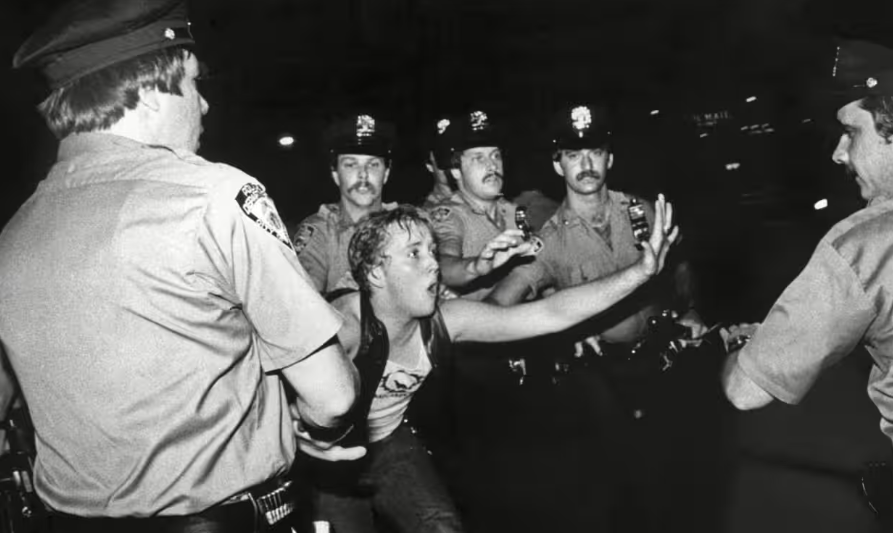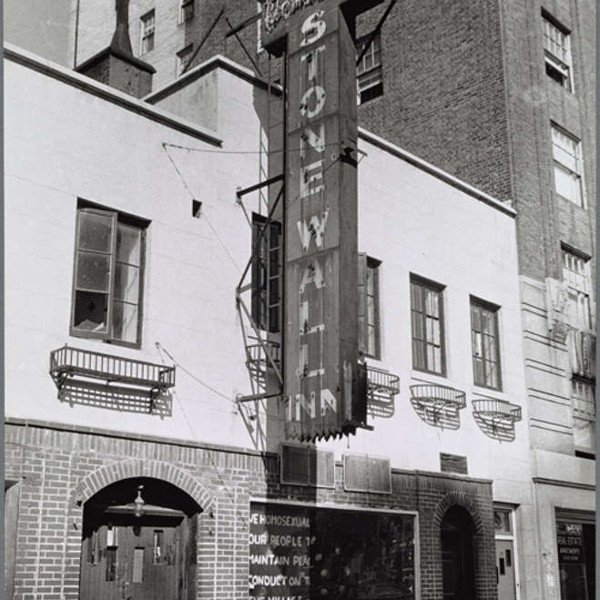It’s June 28th, and that means it’s time to celebrate…
- National Tapioca Day
- Constitution Day (Ukraine)
- Cream Tea Day
- Drive Your Corvette to Work Day
- Family Day (Vietnam)
- Matariki (New Zealand)
- National Climate-smart Skin Care Awareness Day
- National Food Truck Day
- National Insurance Awareness Day
- National Logistics Day
- Paul Bunyan Day
- St. Vitus Day (Serbian Orthodox Church)
- Tau Day
- Vincy Mas (Saint Vincent and the Grenadines)
- Wimbledon (England)
Yes, those are all real! Click on them to find out more. As I do not own a Corvette, or drive, or WORK!, Drive Your Corvette to Work Day is a tough one for me. There I am every June 27th, tossing and turning in bed before I’ve had my first cup of coffee, wondering if this is the year I should buy a Corvette, renew my license, and get a job. Again this year, I decided ‘no’ and assuaged my FOMO by celebrating Cream Tea Day and made myself feel better by looking down judgmentally on those who would put Apricot jam on their scone before some clotted cream and thinking smugly to myself ‘I’ll bet they have a rusting, non-functional major household appliance in their front yard.’
But then I remembered June 28th is the day my people – the alphabet people, the Ls the Gs the Bs the Ts the Qs and about 10 other letters represented by an inclusive + sign (click here for a good online resource that defines what all those letters mean) – mark as a day of special significance, for it is the anniversary of an event that took place in the early morning hours of this day in 1969.
The place was called the Stonewall Inn, a rather unimpressive “dive bar” which had been built as a horse stables in the 1840s in what is now the Greenwich Village neighborhood of Manhattan in New York City. After having been a speakeasy during Prohibition, it was operated as a restaurant at its Christopher Street location from 1934-1966, when it was purchased by four mobsters from the Genovese Crime Family who reopened it in 1967 as a bar catering to gay and lesbian youth, mostly runaways, and transvestites; in other words, it was not rainbows and unicorns and disco music and fruity mixed drinks with little umbrellas in them. I like that. I like knowing it was people on the margins of the margins who stood up to decades, even centuries, of injustice, discrimination, and oppression that morning and made the life I live possible as an out and proud gay man. In my lifetime, I have met two people who were at the Stonewall that morning; but, in reality, if you took all the people who claim to have been there when things kicked-off in a bar roughly the size of your average one bedroom apartment you could fill Yankee Stadium.
Stonewall operated as a private club because it was not allowed to obtain a liquor license. Police raids on gay bars were routine in the 1960s, and at 1:20 am on Saturday, June 28, 1969, four plainclothes policemen in dark suits, two patrol officers in uniform, Detective Charles Smythe, and Deputy Inspector Seymour Pine arrived at the Stonewall Inn and announced “Police! We’re taking the place!” Two undercover policewomen and two undercover policemen had entered the bar early that evening to gather evidence of “indecency” as the Public Morals Squad waited outside for a signal. Inside the bar, the undercover officers called the Sixth Precinct on the bar’s pay phone, and the Morals Squad sprung into action.
Things did not go as planned for the police; standard procedure was to line up the customers inside the bar, check everyone’s identification, and have female police officers take those dressed as women into the bathroom to verify their sex, upon which anyone anatomically male dressed as a female would be arrested. Those dressed as women that night refused to go into the bathroom with the officers, while everyone refused to produce their identification. Frustrated by this still civil disobedience, police decided to arrest everyone present at the bar, after separating those suspected of cross-dressing in a room at the back of the bar.
When the first patrol wagon arrived, Inspector Pine recalled that the crowd [outside] — most of whom were homosexual — had grown to at least ten times the number of people who were arrested and they all became very quiet. Confusion over radio communication delayed the arrival of a second wagon. The police began escorting Mafia members into the first wagon, to the cheers of the bystanders. Next, regular employees were loaded into the wagon. A bystander shouted, “Gay power!”, someone began singing “We Shall Overcome” and the crowd reacted with amusement and general good humor mixed with growing and intensive hostility. An officer shoved a person in drag, who responded by hitting him on the head with her purse. The cop clubbed her over the head, as the crowd began to boo. Author Edmund White, who had been passing by, recalled, “Everyone’s restless, angry, and high-spirited. No one has a slogan, no one even has an attitude, but something’s brewing.” Pennies, then beer bottles, were thrown at the wagon as a rumor spread through the crowd that patrons still inside the bar were being beaten.
A scuffle broke out when a woman in handcuffs was escorted from the door of the bar to the waiting police wagon several times. She escaped repeatedly and fought with four of the police, swearing and shouting, for about ten minutes. Described as “a typical New York butch” and “a dyke–stone butch”, she had been hit on the head by an officer with a baton for, as one witness claimed, complaining that her handcuffs were too tight. Bystanders recalled that the woman, whose identity remains unknown, sparked the crowd to fight when she looked at bystanders and shouted, “Why don’t you guys do something?” After an officer picked her up and heaved her into the back of the wagon, the crowd became a mob and became violent.
…
Accounts of people who witnessed the scene, including letters and news reports of the woman who fought with police, conflicted. Where witnesses claim one woman who fought her treatment at the hands of the police caused the crowd to become angry, some also remembered several “butch lesbians” had begun to fight back while still in the bar. At least one was already bleeding when taken out of the bar.
from Stonewall: The Riots that Sparked the Gay Revolution by David Carter (2004)
Tensions between New York City police and gay residents of Greenwich Village erupted into more violent protests the next evening and again several nights later. Within weeks, Greenwich Village residents had organized into activist groups working to establishing places for gays and lesbians to be open about their sexual orientation without fear of being arrested (or beaten).

“Why don’t you guys do something?” It was one butch lesbian, whom some have identified as Stormé DeLarverie (cf: Grace Chu in AfterEllen, July 26, 2010, “An interview with lesbian Stonewall veteran Stormé DeLarverie”), who, it can be argued, sparked a revolution with those six words. In a decade in which civil rights and social justice had been thrust into the national consciousness, it was New York City’s sexual minorities who, energized by what happened 55 years ago today, began to organize politically and socially, and launch publications that spoke openly about rights for gay people. There would be no turning back. The first anniversary of the riots was marked by peaceful demonstrations in several American cities that have since grown to become Gay Pride marches held in cities all over the world. The Stonewall National Monument was established at the site in 2016.

Today marks the day we discovered our Pride.
